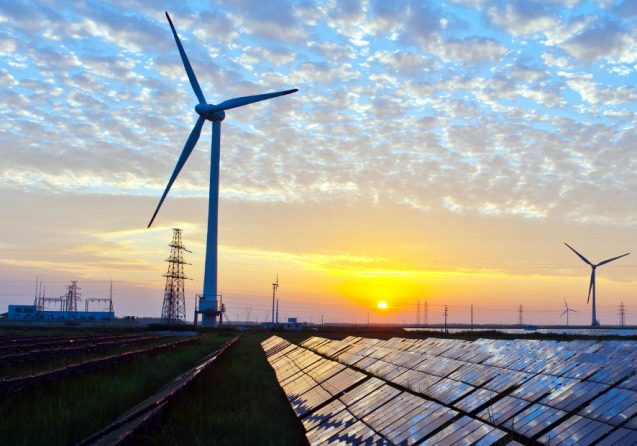The United States’ emissions reduction goals rely heavily on the swift adoption of wind, solar energy, and electric vehicles. However, misinformation threatens public support for this transition. A new report by the Sabin Center for Climate Change Law examines 33 pervasive false claims about renewable energy to promote a more informed discussion.

These false claims typically revolve around environmental, health, and economic impacts of renewable energy. For instance, the report dispels myths about electric vehicles’ negative impact on climate change, wind turbines’ threat to human health, and solar energy’s effect on U.S. jobs. Some claims, like noise from wind farms causing whale deaths, are baseless, while others lack context, such as the misconception about waste production from solar panels compared to fossil fuel energy.
To combat misinformation, the report provides fact-based responses sourced from academic literature and government publications. It aims to equip the public with accurate information on renewable energy and electric vehicles. Readers are encouraged to explore additional refutations from reputable sources like the EPA, RMI, and FactCheck.org.
For more details, read the full report here.
This article was first released by the Sabin Center for Climate Change Law, affiliated with the Columbia Climate School.






